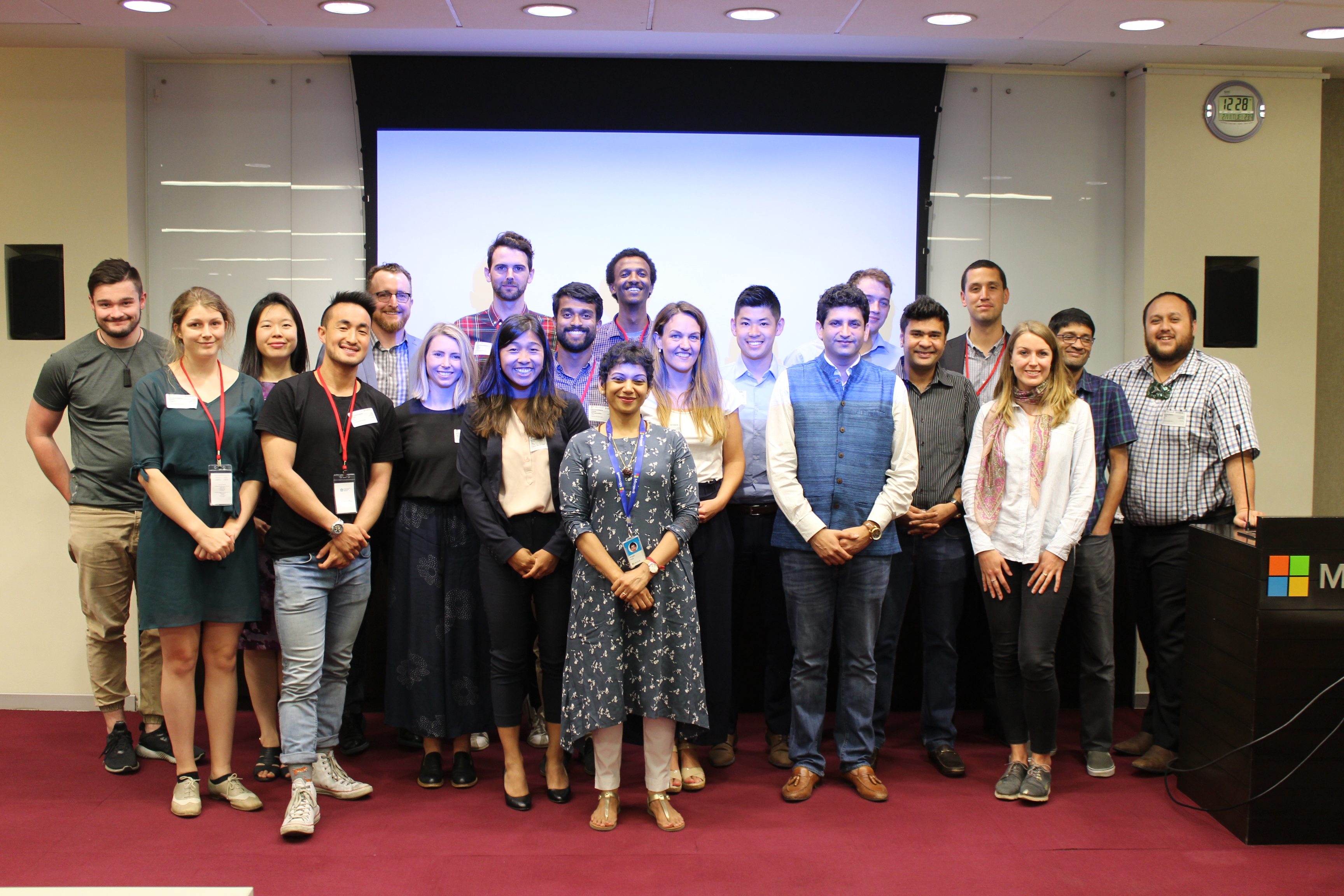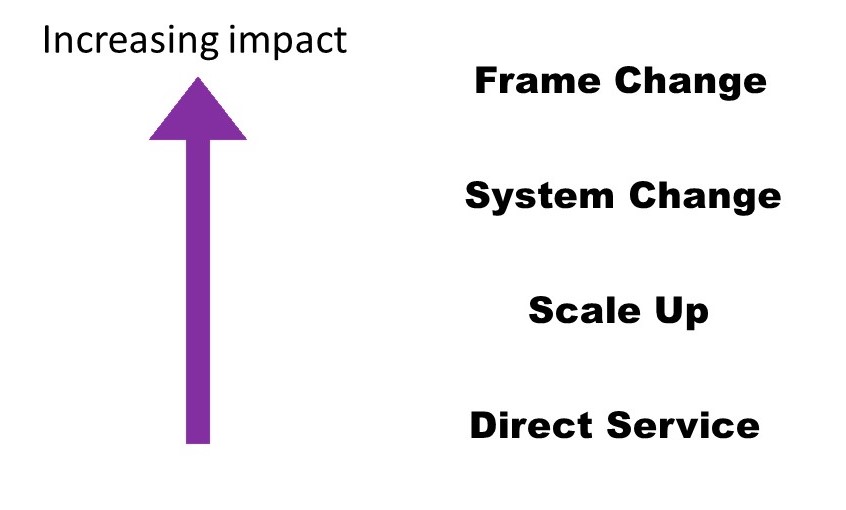Systems Change, Not Climate Change
- 4 minsYou may have recently seen 'system change, not climate change' signs and chants at student climate strikes around the world. Much of this was inspired by Greta Thunberg, the 16 year old girl from Sweden whose key message has been enforcing that we need to change the rules to save the planet. My first real experience with trying to understand system change came about in a visit to South India in November last year. I was one of 16 young leaders of the Asia New Zealand Leadership Network attending as part of the South India Hui representing New Zealand and hoping to develop and learn about our relationship with this country.
Bengaluru, the capital city of the southern state of Karnataka, is heart of the innovation revolution in India, with India now being considered the 3rd largest startup base behind the US and UK. This is evident with the boom and demand for shared workspaces in the city, with global giant WeWork owning 10 spaces in the burgeoning city, with many having massive waiting lists. Key growth areas include enterprise software, fintech, marketplace and healthtech. During a visit to the Microsoft Accelerator based there (Microsoft India now has the largest engineering presence outside of the US within the company), a key theme that was conveyed was that 'The New India' is ready to tackle the problems affecting India and the rest of the world and that money is not the problem.
 South India Hui Participants at the Microsoft Accelerator, Bengaluru
South India Hui Participants at the Microsoft Accelerator, Bengaluru In this populous and diverse country, the problems scale up sizeably. As Joanna Kempkers, New Zealand High Commissioner to India, points out, huge wealth inequalities are systemic in this country, somewhat highlighted by the fact that only 10 million people are registered tax payers in a country with a population of over 1.3 billion! Open defecation still plagues the country with the cost of poor sanitation estimated at around 6.4% of GDP, considered to be the 5th largest GDP economy in the world. Approximately 20% of girls still leave school by the age of 12. Rising nationalism poses threats to the largest democracy in the world. Along with climate change, these are immense challenges requiring fundamental changes to political, economic and social systems.
"Social entrepreneurs are not content to just give a fish or to teach how to fish. They will not rest until they have revolutionized the fishing industry". That was from Bill Drayton, founder of the Ashoka Foundation, today the world's largest network of leading social entrepreneurs. As Yashveer Singh of the Ashoka Foundation explained to us, the impact level they target is systems change and frame change. He illustrated how this level of change entailed three key principles:
- Change the participants of the system
- Change the rules of the system
- Change the purpose of the system
In a workshop with the Ashoka Foundation, we split into groups to consider some examples where we could apply these principles. Our group considered the problem of rising inequality. A direct service solution would be something like volunteering at the local homeless shelter or giving a donation to a charity that looks after people in need. The scale-up level is just that, the eat my lunch scheme, where for every lunch you eat, a kiwi kid in need gets a yummy school lunch would be an example of a programme that affects thousands. Possible solutions we thought up for implementing system and frame change were Universal Basic Income, eliminate property ownership (both changing the rules of the system) and buddy systems (changing the participants). Ashoka believes that changemaking has to start young and that we should have a world where everyone is a changemaker.

Levels of Change
The impact of changing the participants of the system can be seen already. Children around the world have joined together in large numbers with protests in over 1600 cities across 125 countries demanding action on climate change. These are the next generation of voters and the rising awareness saw the Greens as big winners in the European elections over the weekend. One initiative of the European Union through the European Institute of Technology and associated Climate-KIC is the "Journey", the world's largest climate innovation summer school. I've been fortunate enough to have been selected for this, so in August, I will join 400 other participants in a 4-week residential full time programme learning about and practising systems change. My journey starts in Leoben, Austria, then heads to Munich and finally culminates in a pitch of our project, that we have developed over the 4 weeks, in Budapest. And fittingly, one of the two coaches who will guide, support and mentor our particular journey group is our own amazing Shruthi Vijayakumar from the Asia New Zealand Foundation Leadership Network! I'm very excited for this experience and to have a real go at systems change!
Image credits: Cover, by Kris krüg on flickr
